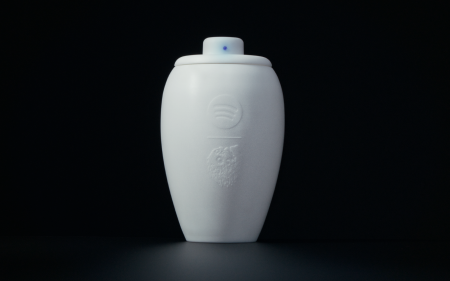Due to the fact that people are now locked in their houses for the next three weeks, we’re all using Netflix a lot. So much so that the strain it’s placing on our online infrastructure has prompted Netflix to implement some radical measures to keep the streaming service online.
 We’re all bored out of our minds, so what’s the only logical thing to do? Switch on over to Netflix and lounge about, consume hours of premium content because if there was ever a time that being a couch potato could save a life it’s now. You might have noticed over the weekend that your Netflix has been buffering just a little more than usual or the image quality was just not up to par. That’s because we’re streaming too much Netflix, forcing the platform to take some extreme actions.
We’re all bored out of our minds, so what’s the only logical thing to do? Switch on over to Netflix and lounge about, consume hours of premium content because if there was ever a time that being a couch potato could save a life it’s now. You might have noticed over the weekend that your Netflix has been buffering just a little more than usual or the image quality was just not up to par. That’s because we’re streaming too much Netflix, forcing the platform to take some extreme actions.
Netflix announced this morning that it would be reducing the bandwidth it usually consumes to accommodate for the massive influx of consistent viewing. The “streaming bitrate” is being reduced across the whole of Africa by 25% for the next 30 days, so until the end of April. According to Ken Florance, vice-president of content delivery, at Netflix: “Given the crisis, we’ve developed a way to reduce Netflix’s traffic on telecommunications networks by 25% while also maintaining the quality of our service.”
 What does this mean for you? Well, not much, honestly. You’ll still be able to watch all your series in whatever definition you want, it’s just that Netflix won’t eat as much of your bandwidth as usual. Netflix hopes that this will at least ease the pressure on congested networks in the country and the continent as a whole.
What does this mean for you? Well, not much, honestly. You’ll still be able to watch all your series in whatever definition you want, it’s just that Netflix won’t eat as much of your bandwidth as usual. Netflix hopes that this will at least ease the pressure on congested networks in the country and the continent as a whole.




